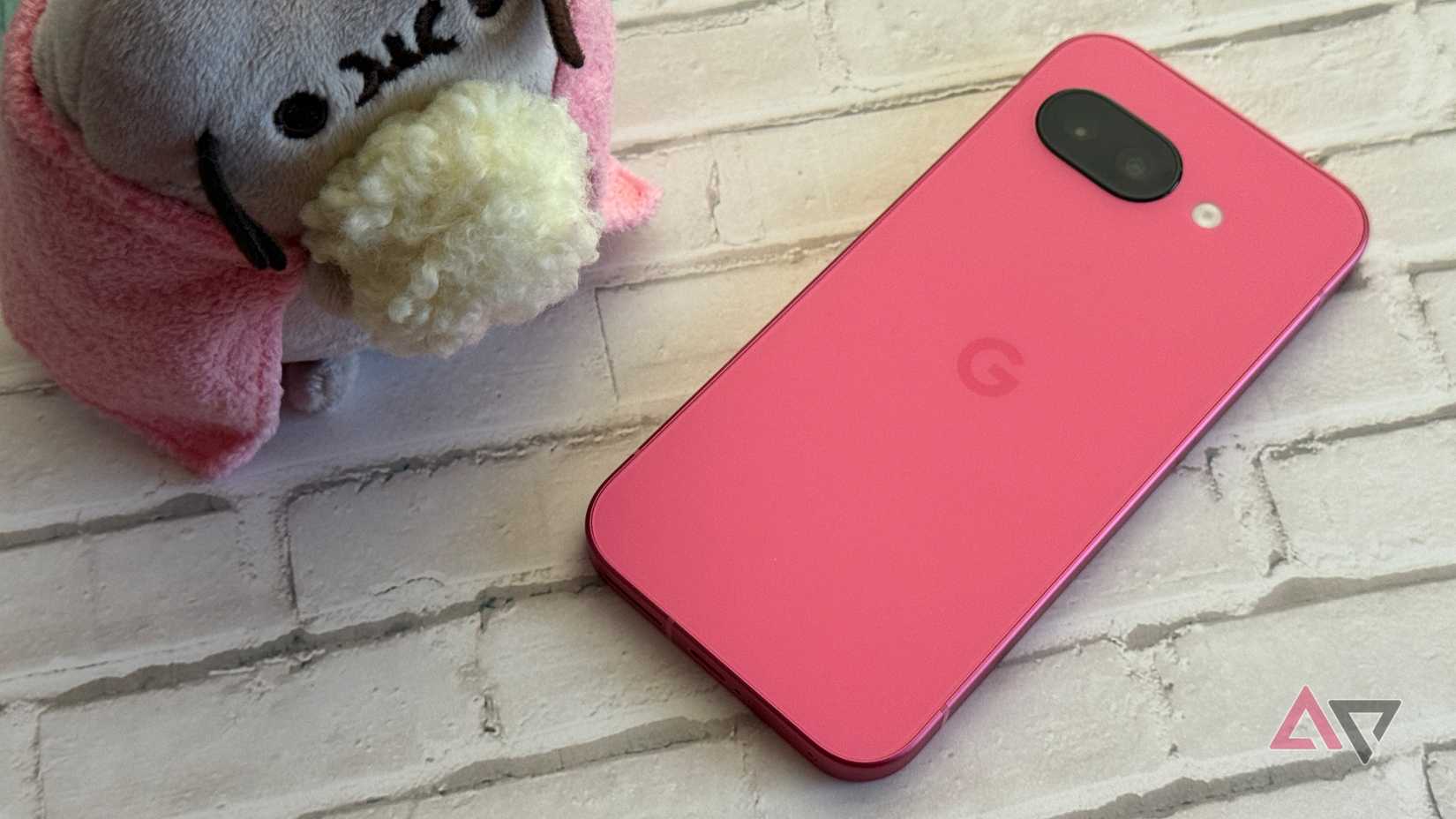I keep seeing rumors swirling about the upcoming Google Pixel 10a.
It’s an interesting phone to think about, because while Google appears not to be changing much on the outside, the internal specs tell a different story.
I also disagree with people who think Google should discontinue its A-series phones. The Pixel 9a is an outstanding device, and pound for pound, it was the best smartphone value of the year.
If leaks are accurate, it appears Google will attempt to clean up its lineup with the Pixel 10a, avoiding any conflict with the base Pixel 10.
Overall, I think it’s a smart move for the company, but Google needs to maintain the value that has made the A-series an excellent choice for years.
I’m not going to overthink it, and neither should you. The Pixel 10a is still going to be a fantastic value in 2026. Here’s why.
I’m not concerned about the Tensor G4 in the Pixel 10a
I’ll want to know what “boosted” means
I’m not surprised that Google is moving away from the Tensor G5 in the Pixel 10a, but I’m still disappointed.
I had hoped the company wouldn’t notice what a fantastic value it was for the customer to include its flagship chipset in a midrange device, but apparently, someone caught on.
As long as Google maintains the power efficiency I get in the Pixel 9a, I have no problem with a “boosted” Tensor G4 in the Pixel 10a, although I’d love to know what the company has in mind to enhance its older chipset.
Either way, I’m not concerned about performance. The Tensor G4 in my Pixel 9a holds up well, and for most tasks, people probably won’t even notice a difference.
Midrange smartphones aren’t designed for enthusiasts, and while that doesn’t give Google a pass to power the Pixel 10a with a potato, I’m also not expecting high-end gaming performance.
A smooth, intuitive software experience matters, and people often overlook the actual user experience, becoming overly focused on specs.
I’m hoping that using a modified Tensor G4 in the Pixel 10a frees up Google to be more flexible with pricing.
The Pixel 6a used to go on incredible sales, and I remember recommending people pick one up for as little as $250 brand new.
Google increased the price on the Pixel 7a, and we haven’t seen those bargains since.
The Pixel 9a is now available for just $400 without carrier offers, and I doubt it will drop much lower.
If a Tensor G4 in the Pixel 10a means the deep discounts return, I’m all for it. If not, Google can at least use some of the savings to increase the RAM to 12GB for the Pixel 10a.
It would help future-proof the device and keep Google Gemini features running smoothly for an extended period.
Still a best-in-class camera
Night Sight tops everything under $500
I refuse to give Google a hard time for keeping roughly the same design as last year’s Pixel 9a.
I don’t expect companies to radically change designs every year. I’m also not disappointed that Google reportedly isn’t adding a third camera to the Pixel 10a.
It needs a way to differentiate the A-series phones from the base Pixel 10, which features a telephoto lens. It’ll lead to less confusion, and I don’t want another sensor adding any cost to the Pixel 10a.
That shouldn’t undercut what I expect to be an excellent camera system in the Pixel 10a.
I love the point-and-shoot photography I get from my Pixel 9a. Photos are crisp and clear, with fantastic color and details, especially for $500.
I do wish Google’s photo style were a bit warmer, but that’s nothing that can’t be easily tweaked to your taste afterward.
Night Sight is also outstanding on a midrange phone, as I love how my low-light images turn out on the Pixel 9a. I expect more of the same from the Pixel 10a, which will add to an already attractive package.
Software has to count for something
Google’s done it better this year
Another reason I’ll be enthused about the Pixel 10a is Google’s software.
Material 3 Expressive is nothing short of excellent, and I’ve loved it on every Pixel device this year.
Google’s shown it can optimize the software experience on older hardware, so I’m less worried about what seven years of software support will actually look like.
A smooth, intuitive software experience matters, and people often overlook the actual user experience, becoming overly focused on specs.
There’s more than one way to build value in a smartphone, and if Pixel 10 sales are any indication, people like what Google is doing.
Google’s lived with awkwardness before
I recall when Google released the Pixel 5 with a midrange chipset, creating an unusual pricing situation with the objectively more powerful Pixel 4.
Google has dealt with awkwardness before, and if some legitimate improvements are made to the Tensor G4, the company can justify including it in the Pixel 10a.
All told, I remain bullish on the upcoming device. Google has done well since the Pixel 8, listening to consumers and releasing solid smartphones. Until I see a dud, I’m giving it the benefit of the doubt.


